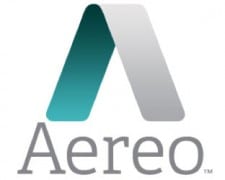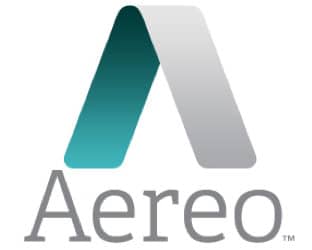 Here’s an analysis by Stifel Nicolaus analysts David Kaut and Christopher King regarding the preliminary injunction granted on Wednesday against Aereo. The general gist is how much good news this ruling brings to the SCOTUS trial coming up on 4/22:
Here’s an analysis by Stifel Nicolaus analysts David Kaut and Christopher King regarding the preliminary injunction granted on Wednesday against Aereo. The general gist is how much good news this ruling brings to the SCOTUS trial coming up on 4/22:
“Judge’s Ruling Against Aereo Helpful to Broadcasters as High Court Case Looms
• We believe a federal judge’s preliminary injunction yesterday against Aereo’s online video service is a hopeful sign for broadcasters (CBS/CBS, Fox/FOXA, ABC/DIS, NBCU/CMCSA) as they seek a Supreme Court ruling against Aereo for alleged copyright infringement.
• The preliminary injunction is the first that broadcasters have won against Aereo after judges of the U.S. Second Circuit Court of Appeals and a district judge in the First Circuit denied preliminary injunction requests by broadcasters. We believe it’s helpful to broadcasters to have a decision siding with them against Aereo, but Supreme Court justices will have to make up their own minds. We give broadcasters the edge at this point in a case that the justices are scheduled to hear on April 22, with a decision expected by the end of June.
• The battle has ramifications for multichannel provider (e.g., TWC, CVC, DISH, DTV) retransmission payments to broadcasters, though they are subject to multi-year contracts. An Aereo victory could prod broadcasters to seek a legislative fix this year in satellite-TV copyright legislation, which in turn could give pay-TV companies leverage to extract concessions from broadcasters on retransmission consent. The FCC also may soon take some targeted steps against certain retransmission alliances among small local broadcasters.
• Yesterday, U.S. District Court Judge Dale Kimball in Utah took note of the earlier rulings, including a dissent siding with broadcasters, as well as two district court decisions that imposed preliminary injunctions on FilmOn/BarryDriller, which offers a service similar to Aereo’s. He said he was not bound by those decisions — the Second Circuit has found a previous Cablevision remote DVR ruling provided key precedent in that circuit — and he noted there was no controlling precedent from his own Tenth Circuit, requiring him to make his own assessment.
• Judge Kimball found the opinions siding with broadcasters were “better reasoned and more persuasive” on the question of whether a statutory provision known as the “Transmit Clause” applied to Aereo’s service, which is key to whether it “publicly performs” broadcasters’ copyrighted work. He also looked at the history of the Transmit Clause and how it applies to Aereo’s service. Aereo receives broadcast signals on small antennas, makes individual digital copies, and sends them to consumers via the Internet to be watched after a brief delay or recorded for later viewing — all without copyright permission or paying broadcasters.
• “Based on the plain language of the 1976 Copyright Act and the clear intent of Congress, this court concludes that Aereo is engaging in copyright infringement of Plaintiffs’ (local Utah broadcasters and Fox Broadcasting Co.) programs,” he wrote. “Despite its attempt to design a device or process outside the scope of the 1976 Copyright Act, Aereo’s device or process transmits Plaintiffs’ copyrighted programs to the public. Accordingly, this court concludes that Plaintiffs have met their burden of establishing a likelihood of success on the merits.” Continued.
• Judge Kimball also found that the broadcasters had met the other burdens needed for a preliminary injunction: demonstrating they faced irreparable harm without the injunction and that the balance of harms and public interest titled in their favor. He limited the scope of the injunction to the Tenth Circuit and stayed its effect (backed by both sides) pending the outcome of the Supreme Court case.
• So, all in all, we believe the decision gives broadcasters a little more ammo in their campaign against Aereo, and we believe they are more likely than not to succeed in some form or fashion at the Supreme Court. The justices are looking at the question of “[w]hether a company ‘publicly performs’ a copyright television program when it retransmits a broadcast of that program to thousands of paid subscribers over the Internet.”
• We expect the April 22 oral argument will provide some sense of the justices’ views. We note Justice Alito will presumably still be recused, leaving only eight justices to hear the case. We think it’s likely the court will break one way or the other, but we can’t rule out the possibility it will deadlock, which would leave the Second Circuit ruling in place and the parties to continue to fight it out in courts around the country.”





